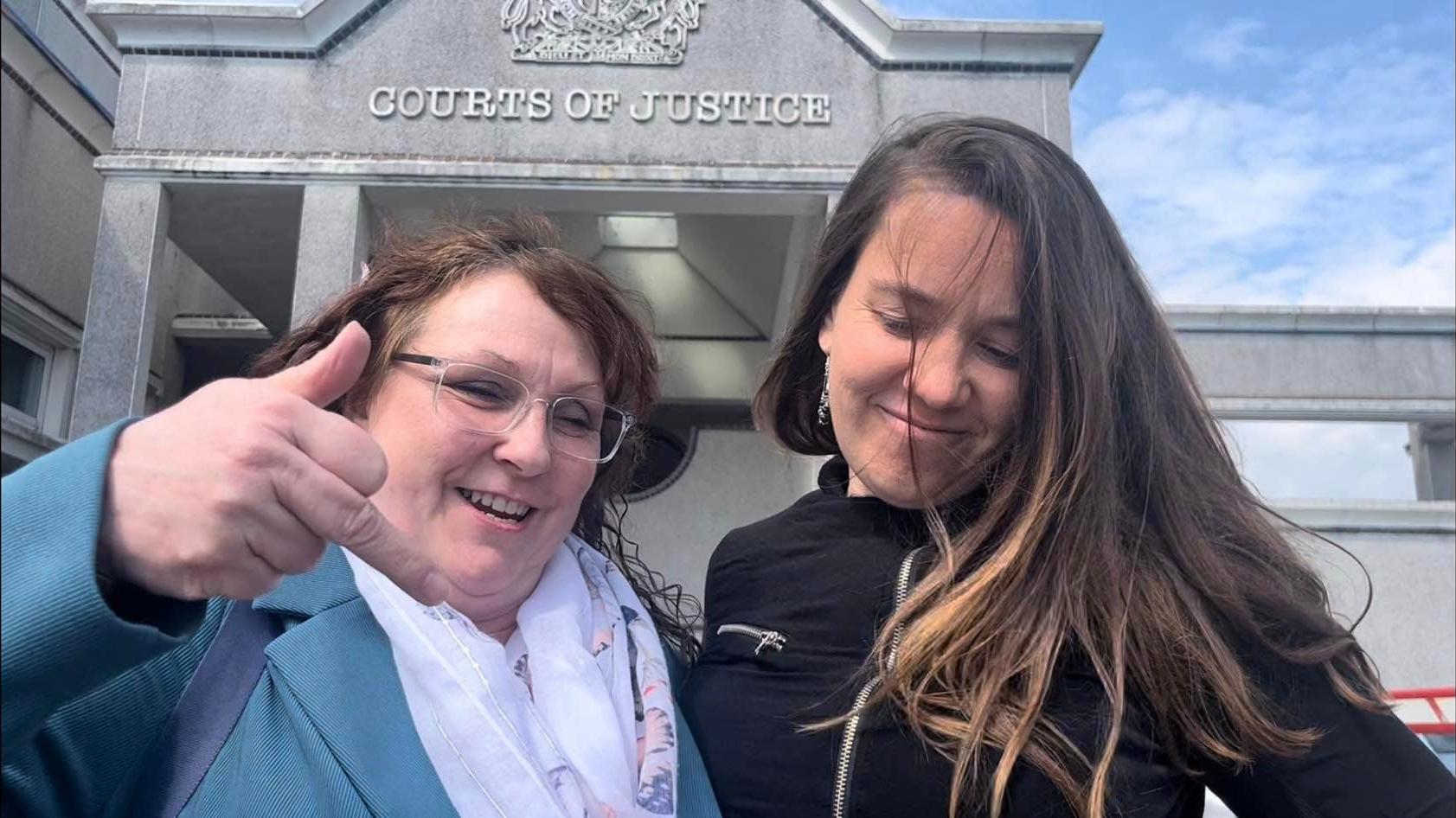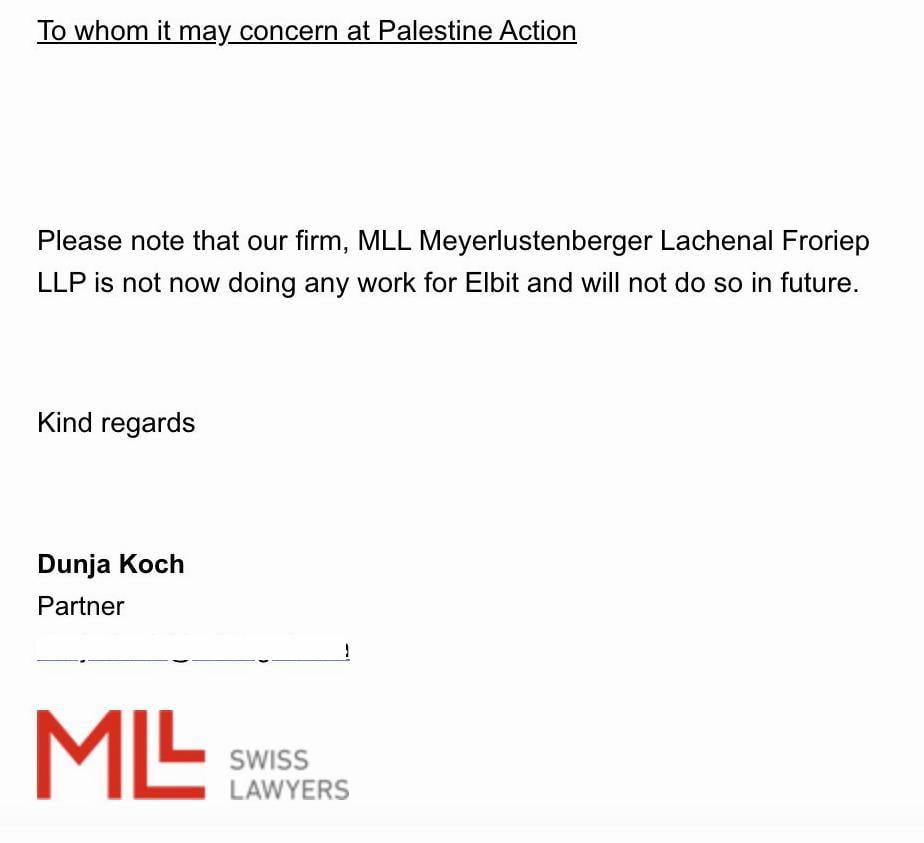The Independent Workers Union of Great Britain (IWGB) and two Uber drivers have filed a legal challenge with the High Court against the UK government over its failure to provide satisfactory income and sickness protection to millions of low-paid and self-employed workers during the COVID-19 pandemic.
The union and workers will argue that this failure constitutes discrimination against self-employed limb (b) workers*, BAME workers and women.
The income protection provided by the government’s proposed Self-Employed Income Support Scheme (SEISS) is significantly worse than that provided to employees through the Coronavirus Job Retention Scheme. This constitutes discrimination against self-employed limb (b) workers. In particular:
- There is an unacceptable delay as the scheme will only be introduced in June
- It excludes workers that became self-employed after 6 April 2019
- It excludes those who derive less than 50% of their income from self-employment
- It doesn’t cover on-going overheads most self-employed workers have
At least 1/10 adults engage in gig economy work, which now accounts for at least 4.7 million workers in the UK. As of September 2019, there were already 291,800 private hire vehicles (PHVs) registered in England alone, up 2.5% from the previous year. Major gig-economy employer Hermes claims to operate a network of over 15,000 couriers. According to the TUC, 1.87m people do not qualify for sick pay because they earn less than the lower earnings limit of £120 per week.
IWGB member and claimant on the case Ahmad Adiatu said:
“I started working as an Uber driver a few years ago thinking it would be enough to provide for me and my family, but now with the outbreak of the Covid-19 pandemic it has become impossible. As an Uber driver, costs such as car maintenance, insurance and congestion charge can reach over £1,000 a month. Now I have no money, so can’t even renew my private hire license. With virtually no income coming in, we’ve been struggling to get by and we are behind on our rent. My wife, who is now breastfeeding, has even had to sell her phone in order to buy food for herself and the children. I’ve always worked hard and provided for my family. I just want to be able to continue doing that.”
The claimants will further argue that the current £95.85 per week Statutory Sick Pay (SSP) arrangement discriminates against women, BAME workers and workers in the so-called “gig economy” for whom these payments are not enough to survive on or in some cases are not even available at all.
Women and BAME employees are statistically less likely to earn above the £120 weekly earnings threshold needed to qualify for SSP and because they are more likely to be on a low wage and have less of a financial cushion, and therefore are less likely to survive on such a low payment.
IWGB member and Uber driver Sarja Richards, who is providing a witness statement to the High Court said:
“I worked 60 hours this week for £40 and I’m three weeks in arrears on my rent. I have three children counting on me. How am I supposed to explain to them that we can’t pay our bills? The government’s promised assistance is not enough, doesn’t cover the huge expenses we have as Uber drivers and will come too late. How are we expected to survive until June? We need real action and we need it now.”
The current arrangements are also a significant threat to public health, since many workers, in order to survive, find themselves forced to continue working while sick or while they should be self-isolating.
The IWGB has previously taken strategic legal action against the UK government, Uber, Addison Lee, Deliveroo, eCourier, City Sprint, The Doctors Laboratory and The University of London. The union has launched a crowdfunder to cover potential legal costs. It has so far raised over £23,000.
*Limb (b) workers are a category of self-employed who are entitled to basic rights such as sick pay and holiday pay. Tribunal and court rulings in the UK against “gig economy” companies such as Uber, City Sprint, Addison Lee, The Doctors Laboratory and Hermes have found that their workers fall under this category.
Photo: IWGB








